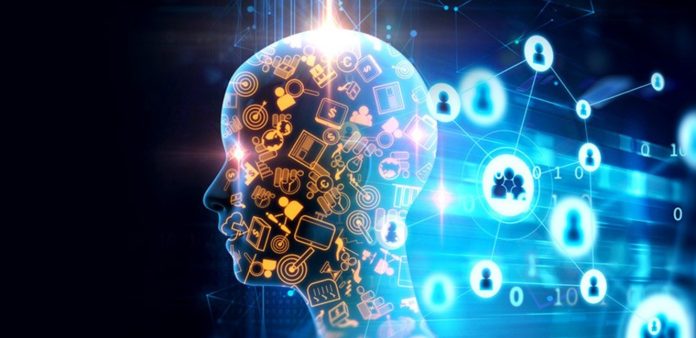Personalization in education software development is relevant because it allows students to make informed choices about their education methods. One can choose the pace of learning, education content, and teaching methods via personalization-centric apps. In this article, we’ll look at the reasons to use personalization in-depth. In case you want to start development in this field, we have a recommendation: try the services of KeenEthics. You can find the company via this link: https://keenethics.com/services-education-software-development
Personalization improves student engagement
Every student has a unique learning style. One person may like audio-centric content; another individual can prefer written tasks while studying. Personalized learning experiences have an obvious benefit in this light: they help students optimize their learning experience. In turn, this attracts more customers to your learning app because it respects many users. Catering to individual learning styles is important: this approach helps improve the coverage of your learning application.
Personalization boosts student achievement
If your app adjusts to the individual needs of the learners, the users will study at maximal efficiency. Personalization becomes a perfect way to boost student achievement. For example, a student who likes learning languages through songs would appreciate their addition to the learning app. Obviously, learning isn’t about one method. Personalization may also serve as a method for motivating the students. Many people don’t like studying: they like its results. The ability to engage in their favorite activity through personalization may act as a reward for doing something difficult. Overall achievement can improve in this situation due to personalization elements motivating the student.
Personalization enhances the teacher-student relationship
Personalization in learning apps is also a perfect tool for teachers. Many students may have problems articulating their specific needs because they, for example, have never considered them. Personalized software gives an opportunity to do this in a comfortable manner. In turn, such an approach has the potential to facilitate more effective communication between teachers and students. By using software, teachers should be able to see the interests of their learners. A personalized approach to learning that arises from this enables teaching specialists to boost student efficiency and motivate them.
Personalization optimizes software performance
Personalization can also improve the ability of an app to deliver positive results in the markets. How? Firstly, the ability to cater to specific user needs and experiences improves adoption. People who have preferences for specific personalized user interface options will like attention to their needs and obtain the incentive to recommend the app to others. This is the path to better adoption rates and usage. Secondly, personalization may be essential for optimizing a program in general. Different smartphones have diverging capabilities. By giving configuration tools, you can help some clients with using your software on old hardware. The ability to switch off animations or remove music is essential to performance.
Conclusion
To summarize, personalization in education can boost adoption rates for your app by improving motivation for the students, boosting their results, upgrading the student-teacher relationship, and optimizing software performance. It’s becoming easier to develop such software, and an increasing number of companies use them. The outlook for personalized education software is positive: it’ll continue to capture the markets. If you’re interested in developing such software, we recommend addressing professional companies, such as KeenEthics. The company has developed multiple educational apps and is ready to assist you in this regard too.




































































